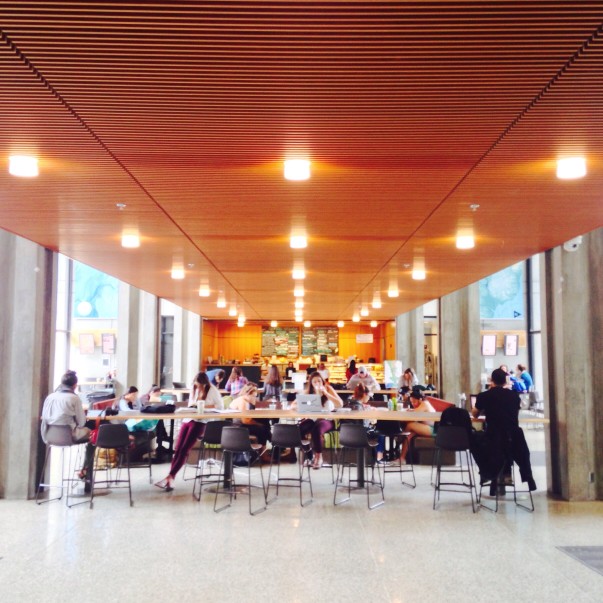It’s tough to survive in New York—for a young person who just graduated from college, it’s nearly impossible. With a mountain of student loan debt, an uninviting job market, and a high cost of living, many graduates in New York find themselves educated, but incapable of financial independence. In both Washington, DC and Albany, there is startling indifference to the desolate financial future of millennials. The fiscal disarray that exists in DC and Albany is a product of a generation of elected officials who fail to govern responsibly. This environment is perpetuated by an overwhelming silence from millennials.
One of the worst offenders is entitlement spending. Programs such as Social Security and Medicare benefit older generations, while millennials foot the bill with little expectation of future returns. As older generations are a large part of the voting bloc in both state and federal elections, elected officials are not eager to reform these programs or require those seeking enrollment to pay a larger portion. This neglect puts the younger generations on a path of financial instability.
The Affordable Care Act (ACA) is another example of an entitlement program that favors older generations. Under the ACA, insurance companies cannot charge older customers more than three times what they charge younger customers. This creates higher premiums for millennials to cover the unavoidable costs of the older generations. Although the program is intended to provide affordable healthcare for all Americans, it is rigged against millennials in the name of “fairness.”
While the ACA is a harmful program inflicted upon millennials by Washington, Albany is to blame for the abysmal business climate that hinders millennials in New York. Youth unemployment or underemployment in a highly regulated market is forcing young New Yorkers to either stay dependent on their parents or leave New York. One of the biggest barriers to entry into the workforce for young people is occupational licensing. In New York, for example, if a young person wants to become an interior designer, they must be licensed by the state (via the Department of Education) to do so. According to the New York State Education Department:
A licensed New York Certified Interior Designer has earned at least 7 years of education/experience credit and has passed a 12.5 hour national licensing examination. With the exception of those who applied for licensure prior to January 1, 1996, certified interior designers have at least a two years associate’s degree from an interior design program registered by the State Education Department (or its equivalent) and have earned qualifying experience as interior designers.
Although licenses are supposed to be obtained to protect public safety, they often serve to eliminate competition and isolate young entrepreneurs. This kind of useless government intervention drives up the cost of entry into the workforce for young entrepreneurs and serves as a disincentive to set up shop in New York.
In their new book, “Disinherited: How Washington is Betraying America’s Young,” Diana Furchtgott-Roth and Jared Meyer of the Manhattan Institute paint a gloomy picture of the future of younger generations if programs such as the ACA and barriers such as occupational licensing are not addressed:
A society that cannot offer millennials work will see the brightest flee to places that have more opportunities. Others, less entrepreneurial, will stay and struggle to succeed in a [state] that frustrates their interests. Still others will give up on their future and instead try to collect government benefits. Hard won college degrees will atrophy…. Youth unemployment leads to low self-esteem that can last a lifetime. It delays life milestones, such as the first car, the first apartment, marriage, or the birth of children.
Where are the voices of the millennials on these issues? The combination of self-interested elected officials and apathetic millennials promises a bleak future. The future, however, is not written in stone. If the millennials end their silence in New York by actively participating in the political process, becoming a larger percentage of the voting bloc, and challenging the status quo of entitlement spending and apathy in Albany, their futures and the future of New York will brighten.



